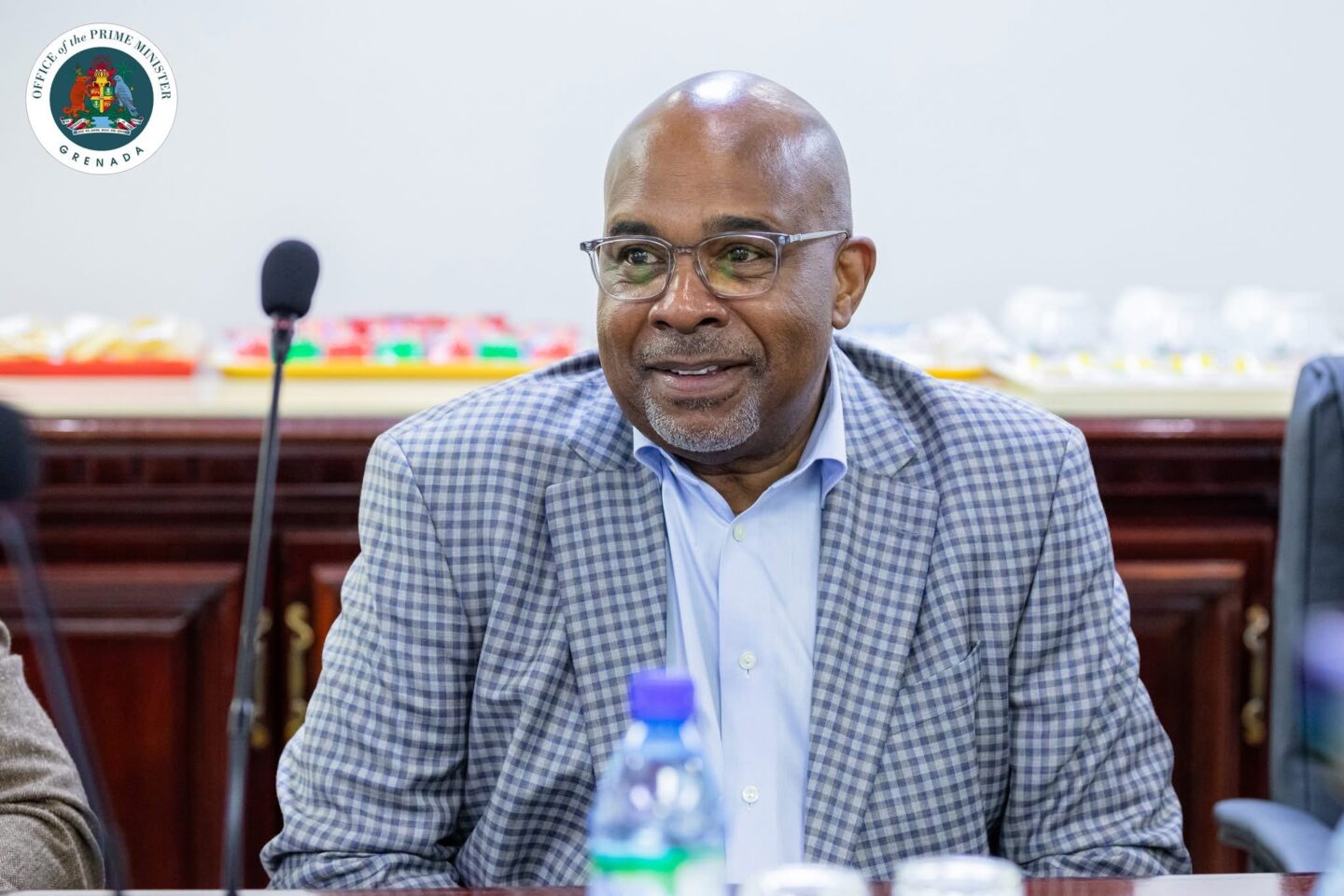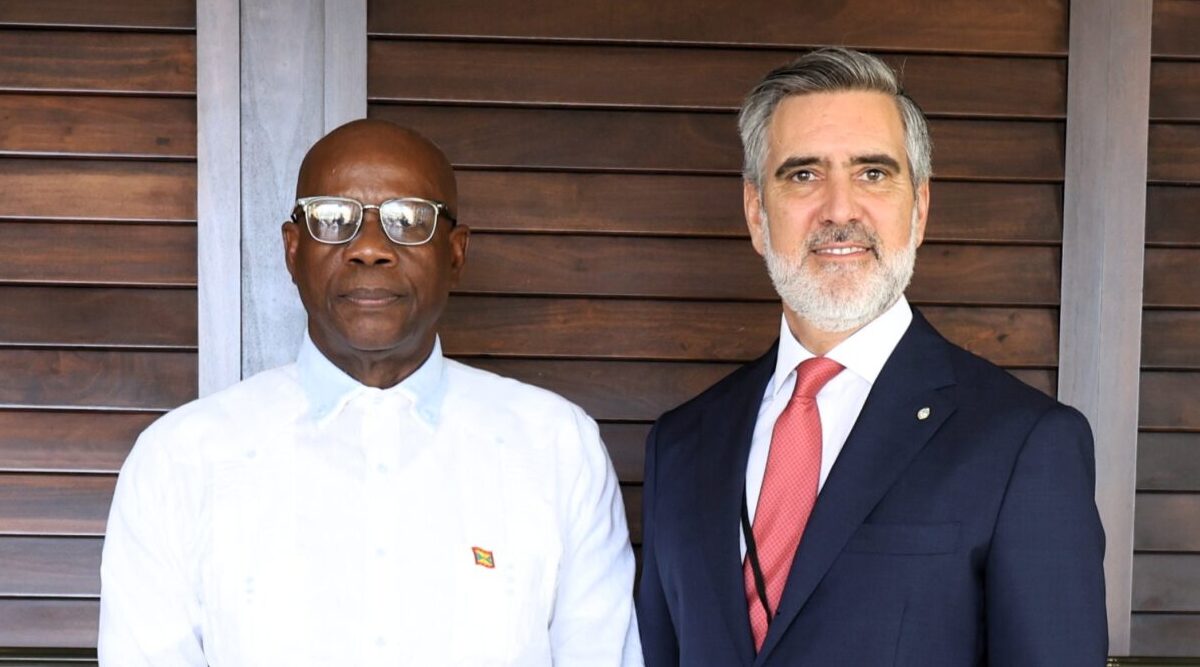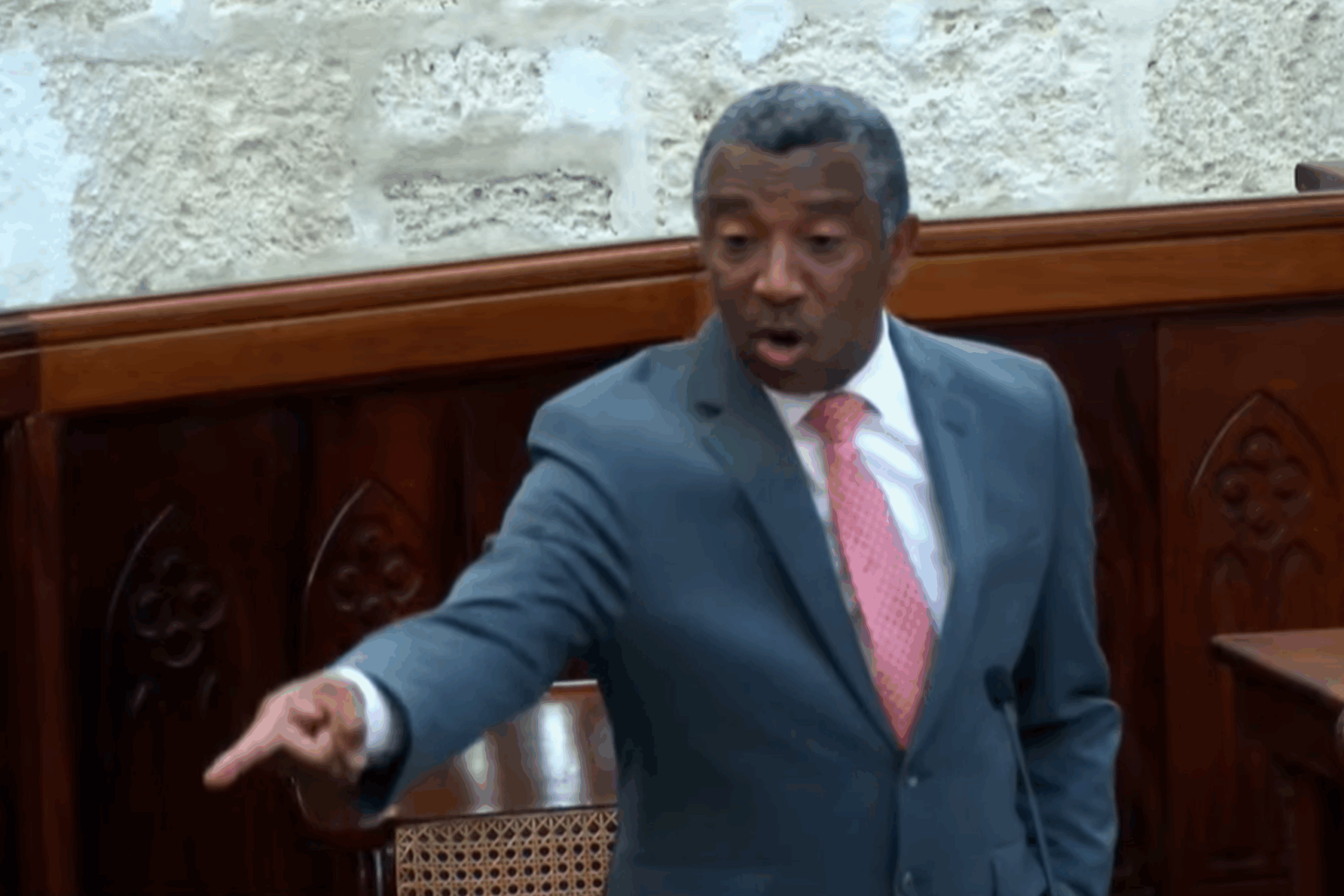The Antigua and Barbuda and Montserrat Bankers Association (ABMBA) recently convened with Prime Minister Gaston Browne and senior officials from the Ministry of Finance and Corporate Governance to bolster collaboration on financial inclusion and sector resilience. The meeting, held in recognition of October as Financial Literacy Month within the Eastern Caribbean Currency Union (ECCU), emphasized the importance of integrating financial education into national school curricula.
Discussions centered on improving access to financial services for underserved and vulnerable groups, as well as enhancing business confidence across the nation. Both parties reaffirmed their commitment to developing innovative financial products and expanding credit access for small and medium-sized enterprises (SMEs). This initiative is part of a broader roadmap aimed at promoting economic empowerment and fostering long-term collaboration in the banking sector.
Addressing regional and local concerns, the ABMBA and the Ministry of Finance highlighted the rise in banking-related crimes. They urged the public to remain vigilant against scams and fraudulent schemes, agreeing to expand public awareness campaigns that promote responsible banking practices.
The Ministry of Finance and the ABMBA reiterated their dedication to building a secure, inclusive, and resilient financial system that supports the economic advancement of citizens across Antigua and Barbuda and Montserrat.









